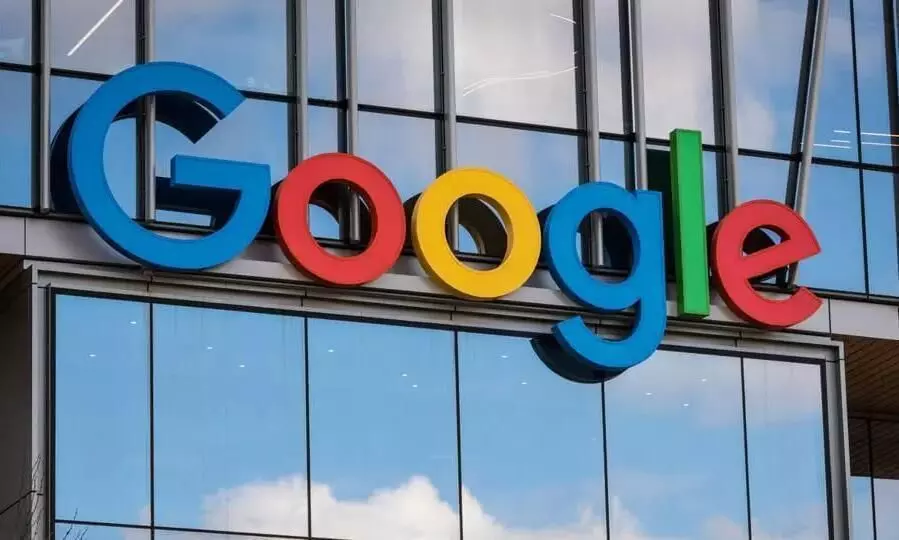
US considers breaking up Google in historic antitrust case
text_fieldsThe US Department of Justice (DOJ) is exploring the possibility of a historic breakup of Google, one of the largest tech companies globally, as part of its ongoing antitrust case.
In a court filing on Tuesday, the DOJ suggested forcing Google to divest parts of its business to reduce its dominance in online search and related services, confirming earlier reports by Bloomberg News.
The DOJ is considering both "behavioral and structural remedies" that would prevent Google from using its popular products like Chrome, Play, and Android to reinforce its search engine's dominance over rivals, including emerging technologies such as artificial intelligence.
Judge Amit Mehta, who is overseeing the case, could also require Google to share the underlying data used in its search results and AI products with competitors.
The 32-page document outlines various options for the judge to consider as the case enters its remedy phase, with a more detailed proposal expected from the DOJ next month. This case is seen as the most significant antitrust action against a major tech company since its unsuccessful attempt to break up Microsoft two decades ago.
Antitrust regulators in the US have been targeting the dominance of Big Tech, including Google, Apple, Microsoft, and Amazon, accusing them of monopolistic practices that hinder competition. Earlier this year, the DOJ sued Apple for restricting access to its hardware and software, while the Federal Trade Commission (FTC) investigated Google's investments in AI startups.
The DOJ's case against Google claims that the company used illegal distribution agreements to make its search engine the default option on smartphones and web browsers, giving it a significant competitive advantage. Google's Android ecosystem, which includes the operating system and related apps, plays a key role in this dominance.
The DOJ is also considering imposing restrictions on Google’s investments in search competitors, requiring more transparency and control for advertisers in the search text ad market, and allowing websites greater ability to opt out of Google's AI products.
Google has criticized the DOJ's proposals, calling them "radical" and warning of unintended consequences for consumers and businesses. The company argues that the DOJ's framework exceeds the court's ruling regarding search distribution agreements.
While antitrust pressure continues to mount against Google, with a separate group of US states also pursuing legal action, analysts believe that a breakup is unlikely in the near term.
Google is expected to challenge the case in court for years.
In Europe, regulators have similarly weighed the option of breaking up Google's business to address antitrust concerns. European Union competition chief Margrethe Vestager has previously stated that divestiture may be the only solution to Google's dominance, especially in the ad tech market.
This is not the only legal challenge Google is facing.
On Monday, a separate federal judge ordered the company to open up its app store for three years in response to an antitrust lawsuit brought by Epic Games. Additionally, Google is involved in another antitrust suit related to its dominance in online display ads, with closing arguments expected in November.





















